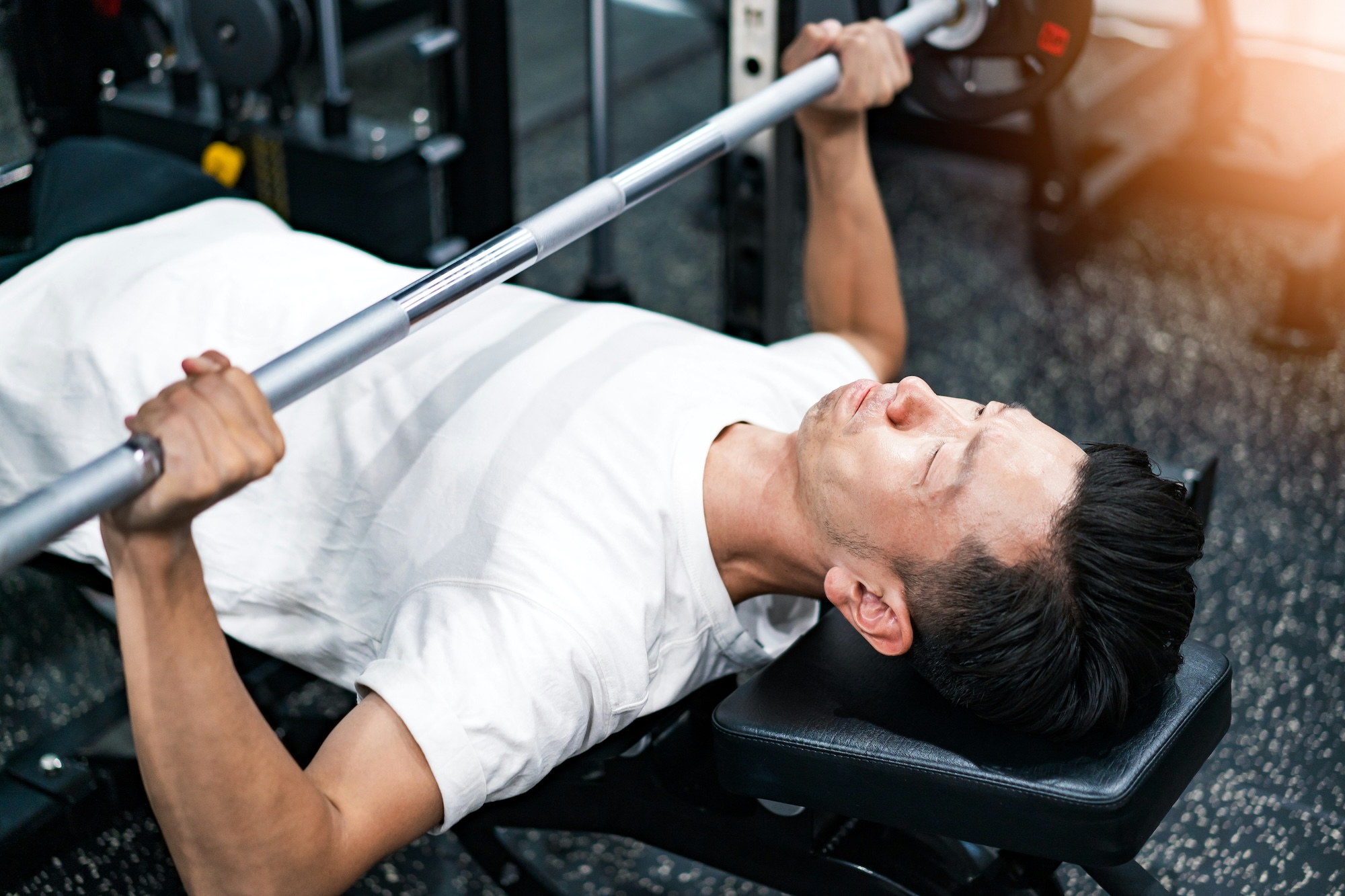Sick and want to work out? The key is finding balance between “stay in bed” and “push it”
Photo by Michelle Leman/Pexels
It’s the age-old dilemma of the fitness nut, no matter what experience level: If I’m sick, should I stay in bed and rest or can I sweat it out with exercise?
The question pops up again, pretty much every time colds and cough season come along with the Philippine typhoons. While the answer may be a no-brainer to most others who deem it “rational”, what makes this question so complex is the way the body feels when it’s sick and you attempt to work out.
Stop me if you’ve already done this, but when you’ve got the sniffles or a bit of a cough and you manage to drag yourself out of bed, you always feel like you’re superhuman in your hour of exercise. What colds? I feel warm and my nose is most definitely unclogged!
Some of you might think, “Hey, if I could stand, I might as well sweat it out.” I’ve even had a friend invoke some #broscience and tell me that my body temperature is rising, therefore killing the virus—which is exactly how a fever works.
Unfortunately, despite what we may feel about working out sick, exercise doesn’t do much at all for illnesses. Some research from Ball State University in the US show that moderate exercise doesn’t make a cold shorter or better. But you may want to dial it down, just to be safe.
But this is what sports and advertising have done to us—subconsciously telling us we’re not good enough if we don’t constantly take ourselves to the limit. That mindset is wrong and potentially dangerous
The good news, however, is that exercise won’t make it worse as well, despite evidence that heavy exercise can make some viruses and illnesses worse. The key is making sure your sickness is above the neck. So no way should you be working out if you’ve got a fever, especially if it feels like the illness is sapping your strength; you may be putting yourself and others in the gym at risk.
You may even lower your strength and conditioning permanently if you push yourself to work out through a terrible disease. (That is, of course, on top of the fact that you’re spreading germs in the first place.)
If you’re a different kind of gym-goer, especially if you’re an athlete competing at any level—and it gets worse the higher level of competition you’re in—you may find it hard to rest up even when your body tells you you should.
You feel like you could take on the workout despite feeling bad, especially when you know it could make you feel better. I’ve had many days when my mind decided to skip the gym because I felt crappy but also guilt-tripped myself for not pushing hard enough when I probably could have. Show of hands if you’ve also done this to yourself and felt bad for deciding to recover instead.
Perhaps we’ve been too ingrained with a culture that glorifies the relentless pursuit and the constant grind in order to attain physical success. Technically, there shouldn’t be anything wrong with listening to your body and resting on days it’s nowhere near 100 percent. But this is what sports and advertising have done to us—subconsciously telling us we’re not good enough if we don’t constantly take ourselves to the limit. That mindset is wrong and potentially dangerous.
The key is to find a balance: Cut yourself some slack when you have to and show up to do the work when you feel you can. It’s a paradoxical tugging between being easy and hard on yourself at the same time, but always remember that you’ve only got one body
So how do you deal with the strict, angry coach in your head? The key is to find balance: Cut yourself some slack when you have to and show up to do the work when you feel you can. It’s a paradoxical tugging between being easy and hard on yourself at the same time, but always remember that you’ve only got one body. If you and other people are counting on yourself to perform at your best, then it’s not good to run it to the ground.
In any case, if you do want to steel yourself against sickness, the best way to do it is to actually keep working out—as much as you can. At least around 30 to 45 minutes of moderate exercise a day can boost your immune system and keep colds away. And if you’re coming from a fever, it’s best to ease yourself back in before resuming your intense training program.













































